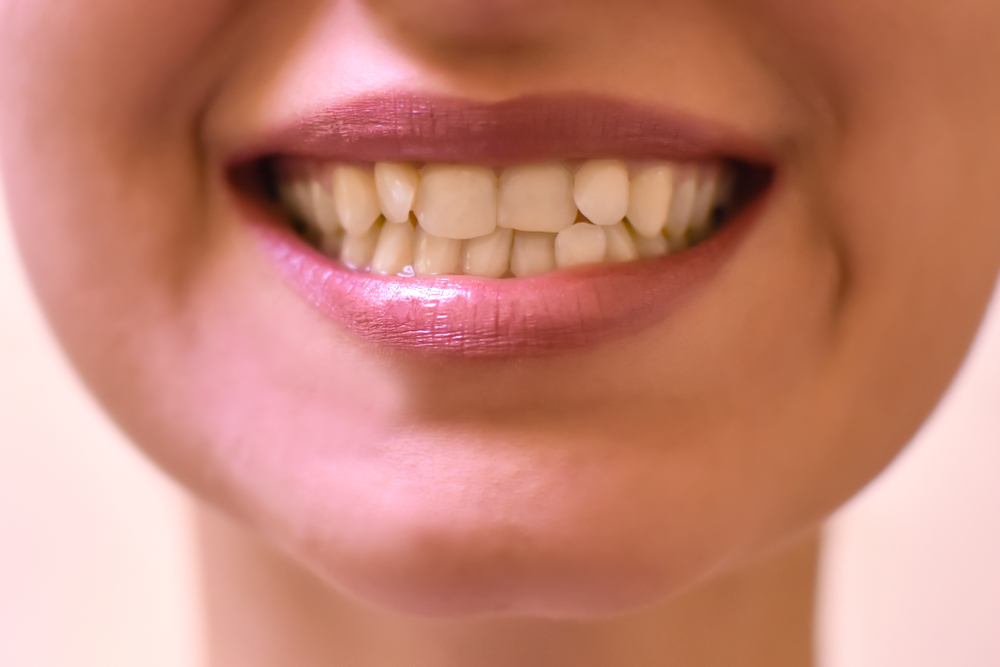
When it comes to your oral health, most people think of brushing, flossing, and visiting the dentist. But did you know that the way your teeth come together—your bite, or occlusion—can significantly affect your gums and overall periodontal health?
In this post, we’ll break down what occlusion means, how it relates to periodontal (gum) disease, and why bite adjustments may be an important part of your treatment plan.
What Is Occlusion?
Occlusion refers to how your upper and lower teeth come together when you bite or chew. Ideally, your teeth should come into contact in a way that evenly distributes pressure across your mouth. When the bite is off—known as malocclusion—it can create excessive forces on certain teeth or areas of your mouth.
The Link Between Occlusion and Periodontal Disease
Periodontal disease is an inflammatory condition that affects the gums and the supporting structures of your teeth, including the bone. While the primary cause of gum disease is bacterial plaque, the way your teeth come together can play a significant role in how the disease progresses.
Here’s how an uneven bite can worsen periodontal problems:
Excessive force on certain teeth: If one tooth is hitting harder than others when you bite down, it can loosen that tooth or even cause damage to the bone around it.
Increased mobility: Teeth with weakened gum and bone support are already more vulnerable. When these teeth are exposed to uneven biting forces, they can become even more mobile or uncomfortable.
Delayed healing: After periodontal treatment, an unbalanced bite can interfere with healing by continuing to stress affected areas.
What Is a Bite Adjustment?
A bite adjustment (also known as occlusal adjustment) is a procedure where a dental professional gently reshapes the biting surfaces of your teeth. This is done to:
Create a more even bite
Reduce excessive forces on compromised teeth
Improve comfort during chewing
Protect the long-term health of your gums and bone
This adjustment may involve smoothing down small areas of enamel or replacing worn fillings or crowns that are affecting the bite.
How Do I Know If I Need a Bite Adjustment?
Your periodontist or dentist may recommend a bite adjustment if you’re experiencing:
Loose or shifting teeth
Discomfort when biting or chewing
Headaches or jaw pain
Teeth that feel like they “hit first”
Signs of uneven wear or damage
As part of a periodontal evaluation, your provider will examine your bite and determine whether occlusal issues may be contributing to gum problems.
Your Role in Protecting Your Periodontal Health
Along with professional care, you can support healthy gums and a balanced bite by:
Practicing excellent oral hygiene
Wearing a nightguard if recommended (especially if you clench or grind your teeth)
Keeping up with regular dental and periodontal visits
Reporting any changes in your bite or comfort to your provider
Final Thoughts
Occlusion may not be something you think about every day, but it plays an important role in your oral health—especially if you’re managing periodontal disease. At PerioAtlanta, we take a comprehensive approach to your care, which includes evaluating and adjusting your bite when needed to ensure long-term success and comfort.
If you have concerns about your bite or gum health, we're here to help. Reach out today to schedule an evaluation with our experienced periodontal team.












